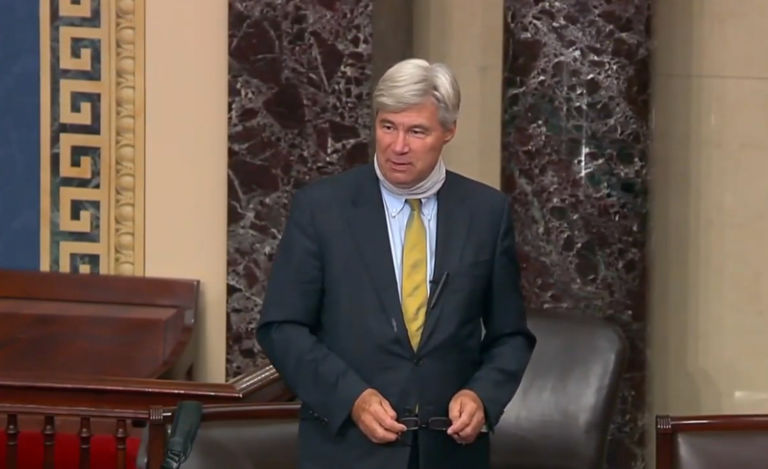Money. We all need it and sometimes we come up short. Whether it’s to cover moving expenses, fixing a broken washing machine, or other unforeseen financial needs requiring a quick fix, short term loans have a market. And when government interferes with that market, there are consequences. Sometimes that interference is a nanny state problem, sometimes it’s negative spin, and sometimes it’s a bad case of unintended consequences, A recent Reason piece explains what appeals to some borrowers:
What’s more, defaulting on a mortgage can destroy your credit rating. Defaulting on a payday or car-title loan won’t touch it. That’s one reason borrowers like storefront lenders: They “keep my payday borrowing separate from my other banking.”
There are other reasons: According to the financial-services journal American Banker, “borrowers may prefer to pay higher rates for small, short-term loans than to participate in credit union programs that have strings attached, such as a savings component. . . . Borrowers also dislike that credit unions generally have shorter operating hours.” As a recent article in Regulation magazine – a publication of the libertarian Cato Institute – puts it: Storefront loans have “non-price benefits” that make up for the higher interest rates.
Yet those higher interest rates lead many to believe such “predatory” lenders are little better than leg-breaking loan sharks. Is that charge sustainable? Again, comparison is instructive. The banking industry’s profit margin is 5.2 percent. Payday lenders’ profits are only 2.4 percentage points higher. Both traditional banking and storefront lending are less profitable than pharmaceuticals, railroads, mining – or even regulated gas and electric utilities.
But wait: If, as critics allege, storefront lenders charge ridiculously high rates, then why aren’t they raking in money hand over fist? For one thing, they endure much higher rates of default than banks do. Just as hospitals must charge paying customers more to cover charity care, payday lenders must charge more to cover the welshers. (Banks avoid this problem by simply refusing to lend to bad credit risks. How does that help poor people?


